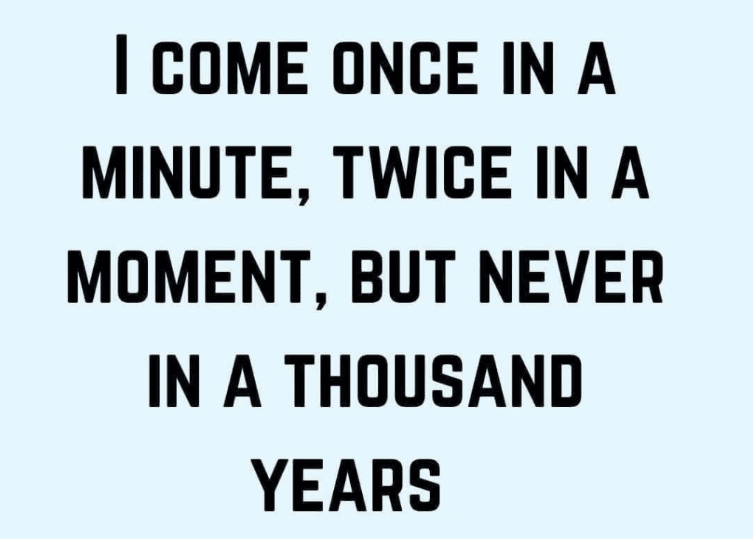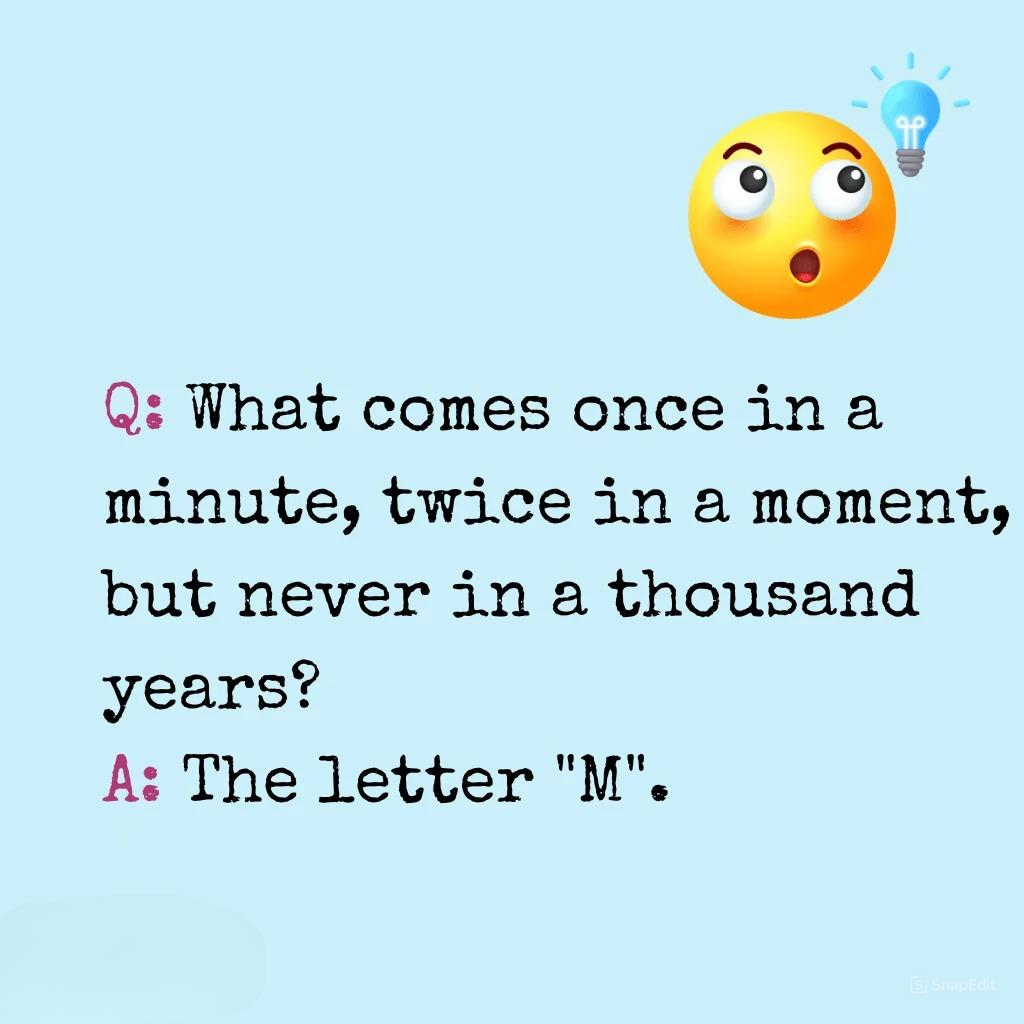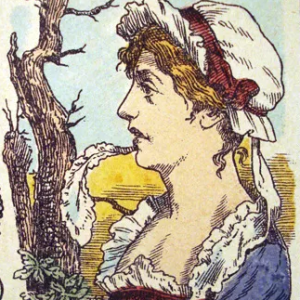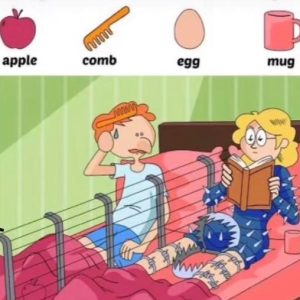Puzzles are the ultimate brain workout. They test your logic, stretch your creativity, and often leave you scratching your head in frustration. Today’s challenge is no different, and it’s one that has stumped many:
“What comes once in a minute, twice in a moment, but never in a thousand years?”
Take a moment to think about it (pun intended!). Before jumping to conclusions, let’s explore why riddles like this can be deceptively tricky and uncover the solution step by step.

Why Riddles Trip Us Up
Riddles are designed to make us think in unconventional ways. They often hide the answer in plain sight, using clever phrasing to misdirect us. Here’s why they can be so tricky:
- Overthinking: We tend to assume riddles require complex solutions, even when the answer is simple.
- Ignoring Key Details: Riddles rely on specific words or phrasing. Missing these details can send you down the wrong path.
- Jumping to Conclusions: Many people guess quickly without fully analyzing the question.
- Taking It Too Literally: Riddles often use playful language. A literal interpretation might steer you away from the intended answer.
This particular riddle cleverly uses wordplay to mislead you into thinking it’s about time when it’s really about language. Let’s solve it!
Breaking Down the Riddle
The riddle reads: “What comes once in a minute, twice in a moment, but never in a thousand years?” At first glance, you might start thinking about clocks, time intervals, or even abstract concepts. But here’s the secret: the answer lies in the letters of the words, not their meaning.
Step 1: Analyze “What comes once in a minute”
Focus on the word “minute”. What do you notice about its letters? Take a closer look:
- The letter M appears exactly once in the word “minute.”
- This gives us the first clue: the answer is tied to the letter M.
Step 2: Consider “Twice in a moment”
Now shift your focus to the word “moment.” Examine its letters:
- The letter M appears twice in the word “moment.”
- This confirms that the letter M fits the second part of the riddle perfectly.
Step 3: “But never in a thousand years”
Finally, examine the phrase “a thousand years.” Look closely at its letters:
- You’ll notice that the letter M is completely absent from “a thousand years.”
- This final clue solidifies the answer: the letter M.
The Answer: The Letter M

The answer to the riddle is the letter M. It appears once in the word “minute,” twice in the word “moment,” and never in the phrase “a thousand years.” Simple, yet brilliantly tricky!
How to Get Better at Solving Riddles
If this riddle stumped you, don’t worry—you’re not alone! Riddles are designed to challenge your thinking. Here are some tips to improve your puzzle-solving skills:
1. Slow Down and Read Carefully
Rushing through a riddle often leads to missing critical details. Take your time to fully understand the question before jumping to conclusions.
2. Break It Into Parts
Divide the riddle into smaller sections and analyze each part individually. This approach helps you spot patterns or clues that might not be obvious at first glance.
3. Think Creatively
Riddles often require lateral thinking, which means approaching the problem from a non-traditional angle. Don’t be afraid to think outside the box.
4. Practice Regularly
The more riddles you solve, the better you’ll get at recognizing patterns and avoiding common pitfalls. Practice makes perfect!
Why Puzzles Are Good for Your Brain
Solving puzzles isn’t just a fun pastime—it’s also great for your mental health. Here’s why:
- Boosts Problem-Solving Skills: Riddles force you to think critically and evaluate multiple possibilities.
- Enhances Creativity: Puzzles encourage you to approach problems from different angles.
- Improves Focus: Concentrating on a riddle helps train your brain to focus on details.
- Reduces Stress: The sense of accomplishment you feel after solving a puzzle can be incredibly satisfying and calming.
What Was Your Answer?
Did you guess correctly, or did the riddle stump you? Share your answer and reasoning in the comments below—I’d love to hear how you approached the challenge. If you enjoyed this riddle, why not share it with your friends and see if they can solve it too? Let’s keep the conversation going!
Conclusion: Keep Your Brain Sharp with Riddles
Puzzles like this one are more than just a fun challenge—they’re a way to keep your mind sharp, improve your problem-solving skills, and think creatively. The next time you encounter a tricky riddle, remember to slow down, break it down, and think outside the box.
Ready for your next mental workout? Dive into more riddles, brainteasers, and logic puzzles to keep your brain buzzing. Who knows—you might just become the ultimate riddle master among your friends!
Keep exploring, keep solving, and most importantly, keep having fun!


